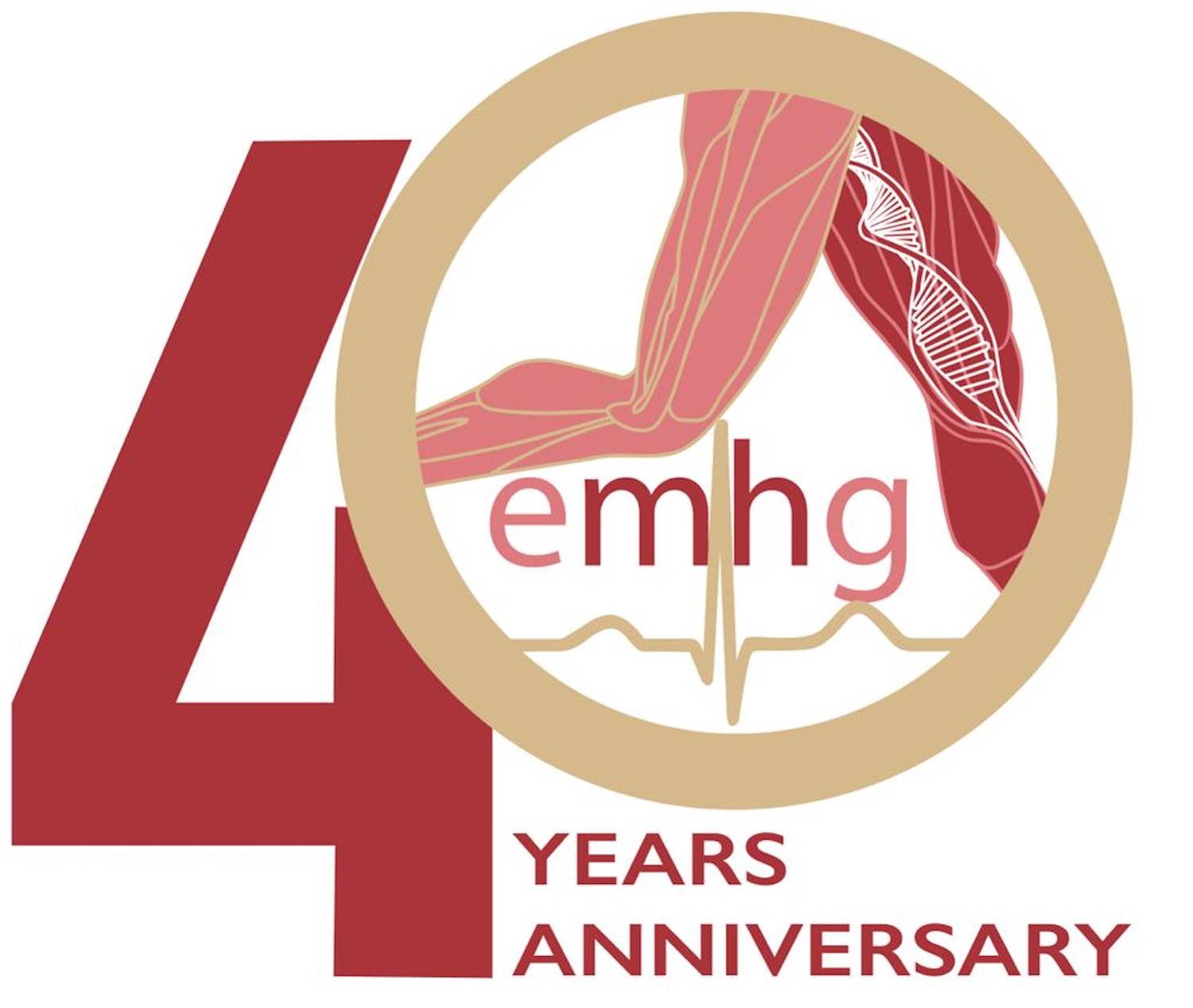Michael A. Denborough
/Michael A. Denborough AM
M.D., M.B., Ch.B., D.Phil., D.Sc., F.R.A.C.P., F.R.C.P., Hon F.A.N.Z.C.A.
July 11,1929 – February 8, 2014
Michael Antony Denborough AM was born in Rhodesia in July 1929.
From early teenage years, he envisioned his future as a doctor and the persistence he showed in pursuing his medical education was a strong personality trait that was reflected in his later achievements. Michael studied at University of Cape Town and was granted a Rhodes scholarship to study at Oxford.
His clinical years began as resident medical officer at National Heart Hospital in London in 1958 and it was while he was studying and working in London he met his Australian born wife, Erica. Michael and Erica settled in Melbourne in 1960 where he commenced work as First Assistant (research fellow) at the University of Melbourne and Royal Melbourne Hospital.
It was at the Royal Melbourne that Michael was charged (because of his interest in genetics) by his supervising Professor Richard Robert Haynes Lovell, to investigate a family who were remarkable for their sad history of anaesthetic deaths.
Michael led an investigation into this family and coined the term malignant hyperpyrexia (MH) in a letter published in the Lancet in 1960. This letter and the follow up article two years later entitled “ Anaesthetic deaths in a family” in the British Journal of Anaesthesia were the first publications describing MH as a familial condition. For Michael, they were the start of a lifetime's investigation.
After 14 years at the RMH, Michael moved to the John Curtin School of Medical Research in Canberra where he was a Professorial Fellow from 1974 to 1991 and continued his remarkable research expanding to include muscle disorders with a relationship to MH. From 1992 to 1994 he was Professor at the John Curtin School of Medical Research at the Australian National University, retiring in 1995 to the role of Emeritus Professor.
Michael's achievements have been formally honoured over the years. In 1972 he was awarded the Eric Susman Prize from the Royal Australian College of Physicians and in 1982 he was honoured with a gold medal at the Fifth International Congress on Neuromuscular Diseases in Marseilles. In 1999 Michael became a member of the order of Australia for services to medicine.
Outside of Medicine, Michael was a passionate anti-nuclear campaigner. He was absolute in his opposition to war and the development and sale of weapons. He, Erica, and others founded the Nuclear Disarmament Party in 1984 and he also maintained a solo vigil outside parliament house in Canberra for 52 days campaigning to stop the war in Iraq. In his children’s words, he charged himself and others to “do something positive to save the world each day”.
Michael was a gracious gentleman. He was supporter of the individual – his actions reflect his belief that one man could make a difference – and he not only lived this dogma but also translated it to patient care, research and politics. As a teacher, Michael has been described as a gentleman physician most memorable to young students for showing a keen interest in their practical education and focusing on the doctor patient relationship. His legacy lives on in the lives of MH families and in all those who practice anaesthesia.
Michael died on February 8 2014 and his memorial service was held in Melbourne on Valentines Day. His children’s reflections at his memorial service described a father who loved unconditionally and was immensely proud of his family. He celebrated their achievements and encouraged them in their endeavours. Michael is survived by his wife Erica, his children Paul, Liz, David and Kate and his many grandchildren.
Vale Michael Antony Denborough – your contribution will not be forgotten.
Robyn Gillies MBBS (Hons) FANZCA
Department of Anaesthesia and Pain Management
Malignant Hyperthermia Diagnostic Unit
Royal Melbourne Hospital


